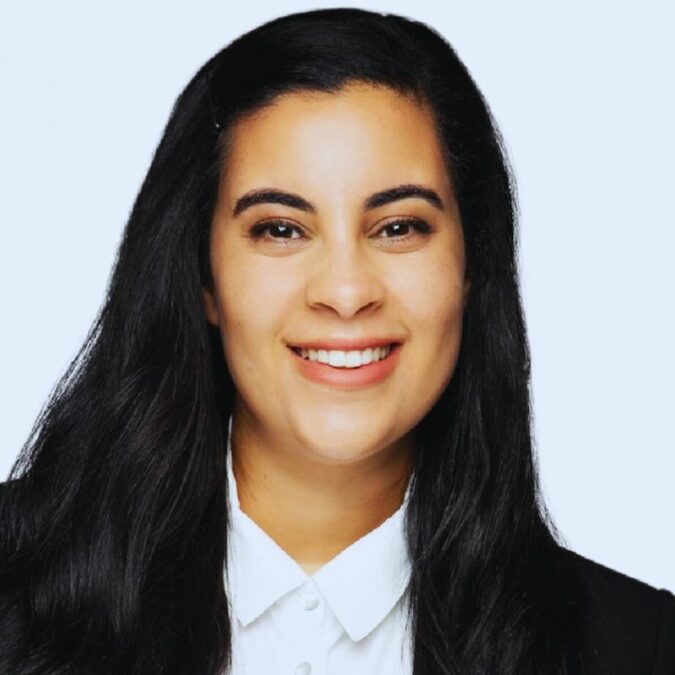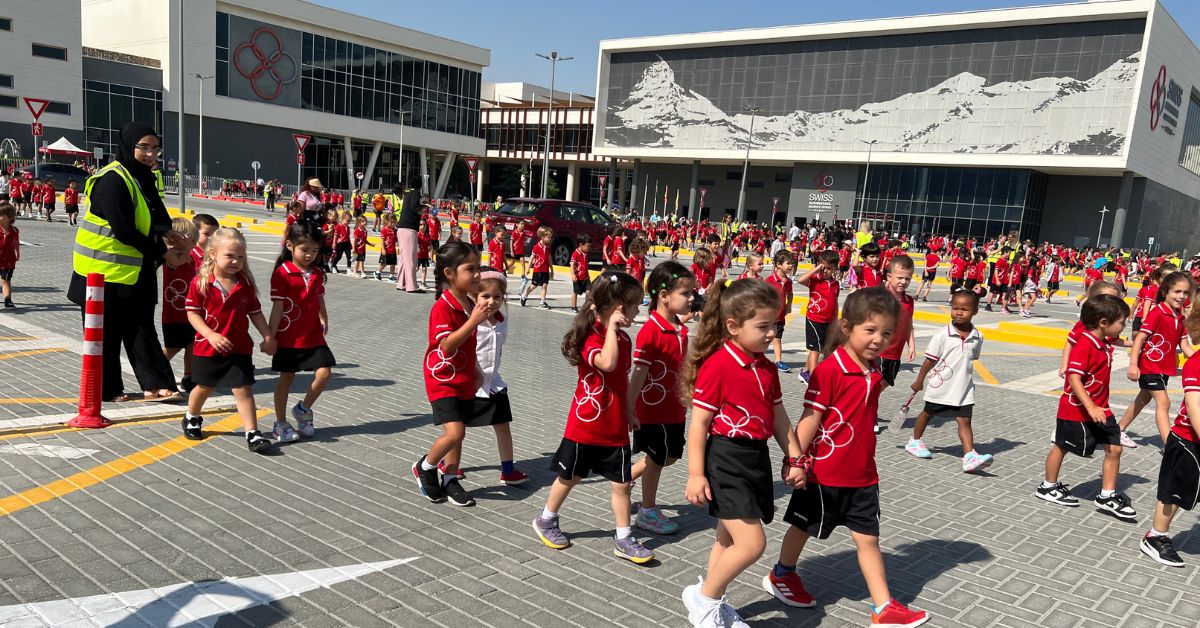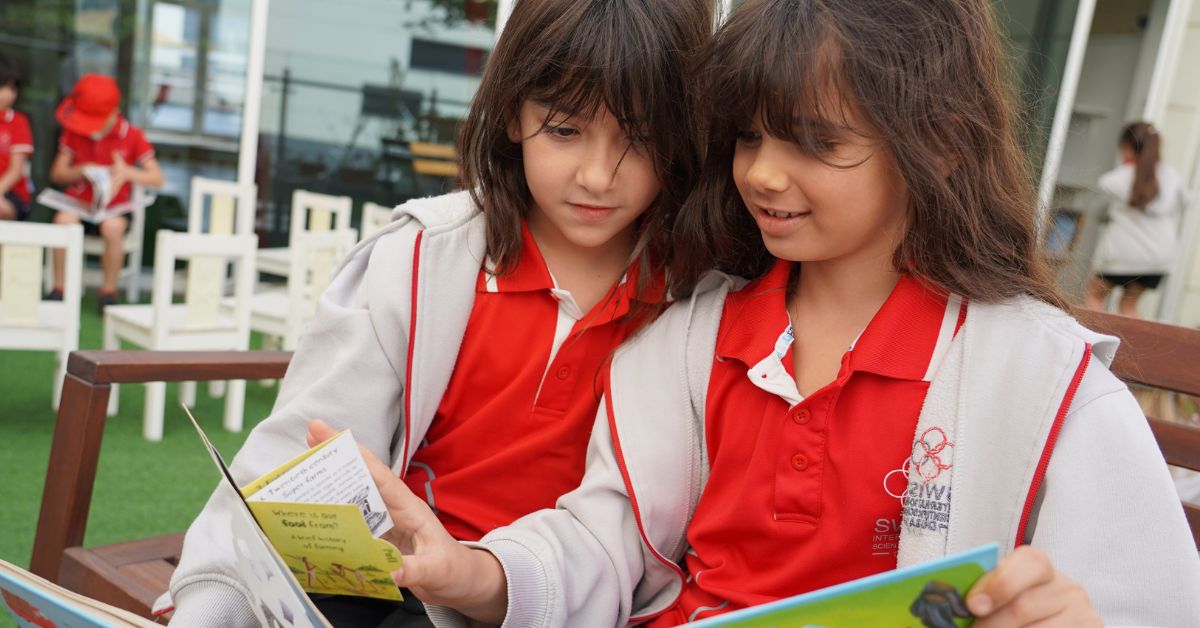DUBAI — The significance of international education cannot be overstated in this era of globalization and cultural exchange. The UAE has emerged as a global hub for business, tourism, and innovation. This rapid development has extended to the education sector, where a wide array of international schools serves a growing expatriate population.
However, this evolving landscape presents unique challenges. This article dives into the complexities of the international education system in the UAE, examining its strengths, weaknesses, and ongoing efforts to foster a world-class educational environment for all students.
With a diverse student body from various nationalities and backgrounds, international schools in the region play a critical role in shaping future leaders and promoting global citizenship. This interview delves into the key trends, challenges, and transformative impact of the international education system in the UAE and the Gulf Cooperation Council (GCC), featuring insights from Rania Hussein, Deputy Head at the Swiss International School Dubai.
Excerpts:
Q: What are the key benefits and challenges of pursuing an international education in the UAE and the GCC region?
A: The diversity in both the student and staff cohort is exceptional and unparalleled. The UAE and GCC draw families from across the globe, making it a melting pot of different cultures, perspectives, and lifestyles. A genuinely international experience, supported by high-quality education, makes living and working in this region an unparalleled experience.

The region upholds high academic standards, and educational excellence is standard across many international schools and universities. This also translates into numerous networking and career opportunities for those in the region.
As centers for business, trade, and exceptional education, the region offers abundant employment opportunities and the potential to boost career trajectories. Like any expatriate living situation, cultural adjustment presents a challenge in pursuing international education in the UAE and GCC. For those new to the GCC, adapting to a new culture and climate can be daunting for some families.
Q: How is the international education system in the UAE and GCC evolving to meet the needs of a diverse student population?
A: The international education system in the UAE and the wider GCC region is evolving to meet the varied needs of its student population.
This evolution is reflected in several trends and initiatives. First, an emphasis on student well-being and inclusion has led to a learning environment where the needs of students (both educational and socio-emotional) are prioritized. This approach is supported by a multilingual education system, where English and other languages, such as French and German, are utilized as languages of instruction to bolster students’ language skills.
Additionally, as the UAE continues to benchmark its education quality using PISA, PIRLS, and TIMSS, a greater emphasis on reading and skills in math, English, and science ensures the education system aligns with future industry needs.
Q: What unique challenges do international schools face in the GCC compared to other regions?
A: International schools in the GCC face unique challenges, including the transient expatriate population. Families often move in and out of the region due to job assignments, leading to fluctuations in student enrollment and staff recruitment. This makes long-term planning and stability challenging for schools.
Q: How does the international education system in the UAE and GCC contribute to the economic and social development of the region?
A: The international education system in the UAE and GCC catalyzes economic and social development by contributing to a highly skilled and diverse workforce. Graduates with global perspectives and knowledge become invaluable assets for economic growth. Additionally, the robust international education system attracts international students and professionals, contributing to a vibrant, innovative, and creative community. This not only prepares individuals for a globalized economy but also fosters cultural exchange and innovation, contributing to the region’s sustainable growth and prosperity.
Q: What role does government policy play in shaping the international education landscape?
A: Government policies, including quality assurance through school visits, regular testing, benchmarking, and regulatory expectations, play a crucial role in promoting a culture of excellence among schools in the GCC. Accreditation cycles, complemented by local body inspections, ensure schools prioritize students’ attainment, well-being, safety, and development, holding them accountable for the value they add to student experiences.
Q: Looking ahead, what significant trends and challenges do you foresee for the international education system in the UAE and GCC?
A significant future trend in international education is ensuring students are equipped with skills for a yet-to-be-determined work landscape. Aligning educational programs with the evolving job market and industry needs remains a continuous challenge. Preparing graduates with relevant skills for the workforce is crucial for the education system’s success, aiming to future-proof students’ abilities in a rapidly changing world.
The international education system in the UAE and GCC catalyzes economic and social development by contributing to a highly skilled and diverse workforce.
Rania Hussein, Deputy Head at the Swiss International School Dubai
Q: What are the core principles and educational philosophies that differentiate Swiss International School Dubai from other international schools in the region?
A: Our core values set SISD apart from other international schools. Employing bilingual approaches, we view an international perspective as fundamental for fostering international-mindedness and global citizenship.
Our multilingual education enables students to become proficient in more than one language, preparing them to communicate effectively in our increasingly interconnected world.
We are committed to excellence in academics and all learning aspects, ensuring a comprehensive education that focuses on the overall development of students, covering academic, social, emotional, and physical dimensions.
Our emphasis on the IB Learner Profile underlines character development, leadership skills, and a comprehensive education. As an IB school, our curriculum is designed to offer a challenging and globally recognized education.
Inquiry-based learning stimulates students to ask questions, delve into topics, and hone critical thinking skills. This method fosters active involvement and a profound comprehension of subjects.
Q: How does Swiss International School Dubai adapt its curriculum and learning approach to meet the diverse needs of its student body from various cultural backgrounds?
At SISD, students have access to all four IB programs—PYP, MYP, DP, and CP—in English, French, and German.
Acknowledging our students’ linguistic diversity, we provide personalized language pathways to access the curriculum. Through inclusive education practices, SISD addresses the varied needs of our students, including support services, adapted materials, and an atmosphere of acceptance and understanding.
Additionally, we utilize differentiated instruction to adapt teaching methods and materials for various learning styles and abilities. This strategy enables our educators to meet the diverse needs of students within the same classroom.

Q: How does Swiss International School Dubai prepare its students for future success, both academically and in terms of global citizenship and cultural understanding?
A: The International Baccalaureate (IB) framework emphasizes a wide-ranging, balanced education that encourages critical thinking and international-mindedness.
We integrate global perspectives into our curriculum, aiding our students in understanding and valuing different cultures, histories, and viewpoints. This readies them to become informed, open-minded global citizens.
Moreover, our multilingual education programs enable students to achieve proficiency in multiple languages, enhancing their ability to communicate in diverse global settings.
At SISD, participation in extracurricular activities, such as international clubs, Model United Nations (MUN), and cultural exchange programs, plays a vital role in education and enrichment.
It provides students with practical experiences that boost their global awareness and interpersonal skills. This is enhanced by participation in service-learning projects and community service, which fosters a sense of social responsibility and a commitment to making positive contributions to society, both locally and globally.
As a result, students gain the skills and knowledge necessary for success in the professional world, supported by comprehensive career guidance and preparation for higher education and future careers.
Furthermore, through our IB Learner Profile and focus on character development and psychological resilience, we nurture essential cultural values such as empathy, integrity, and resilience.
Q: What are some of the unique extracurricular activities and programs offered by Swiss International School Dubai that contribute to a well-rounded student experience?
A: SISD offers more than 70 after-school activities each week, along with additional opportunities for students to join Student Councils. These include Model United Nations, the Duke of Edinburgh Award, Debating, the World Scholars Cup, and various community service opportunities. This approach ensures a holistic education that extends beyond academics, equipping students with a broad range of experiences and skills that contribute to their personal and social development.








